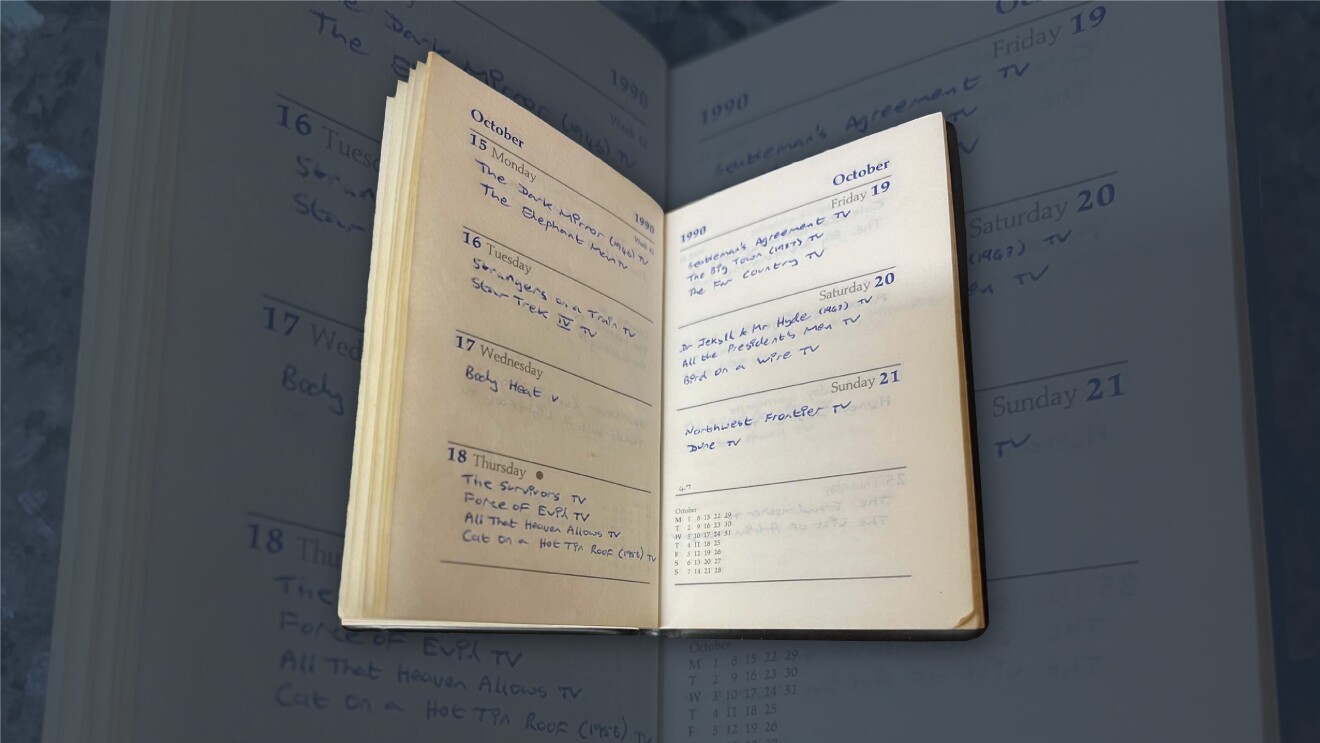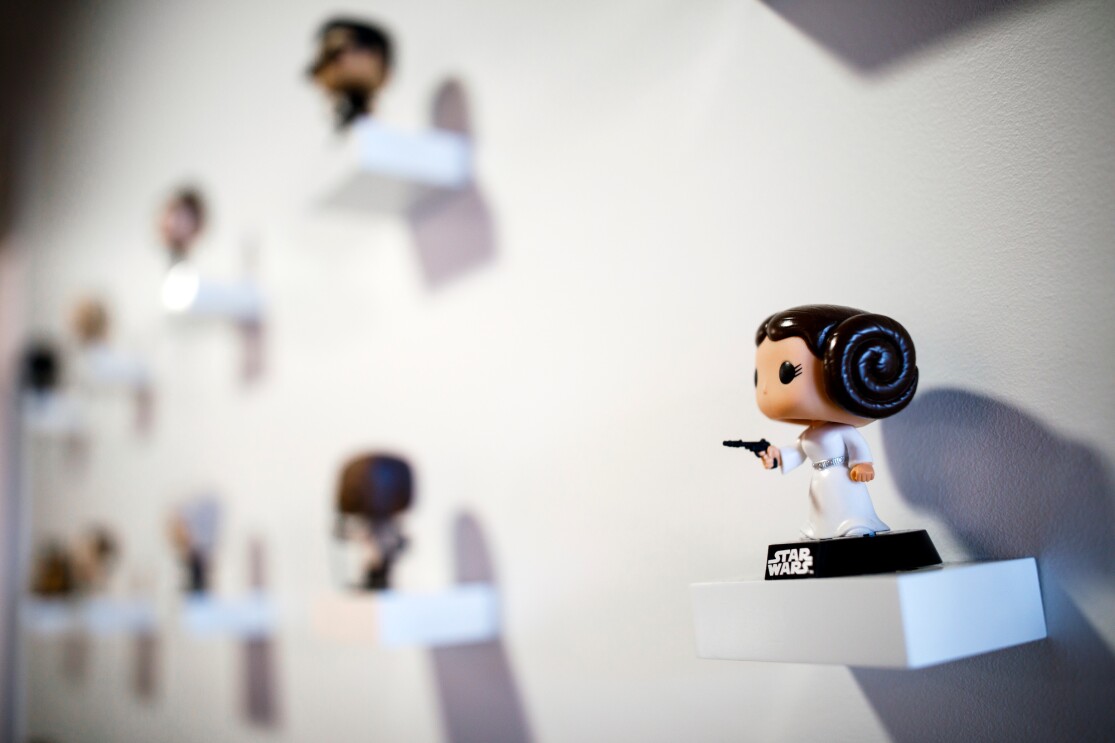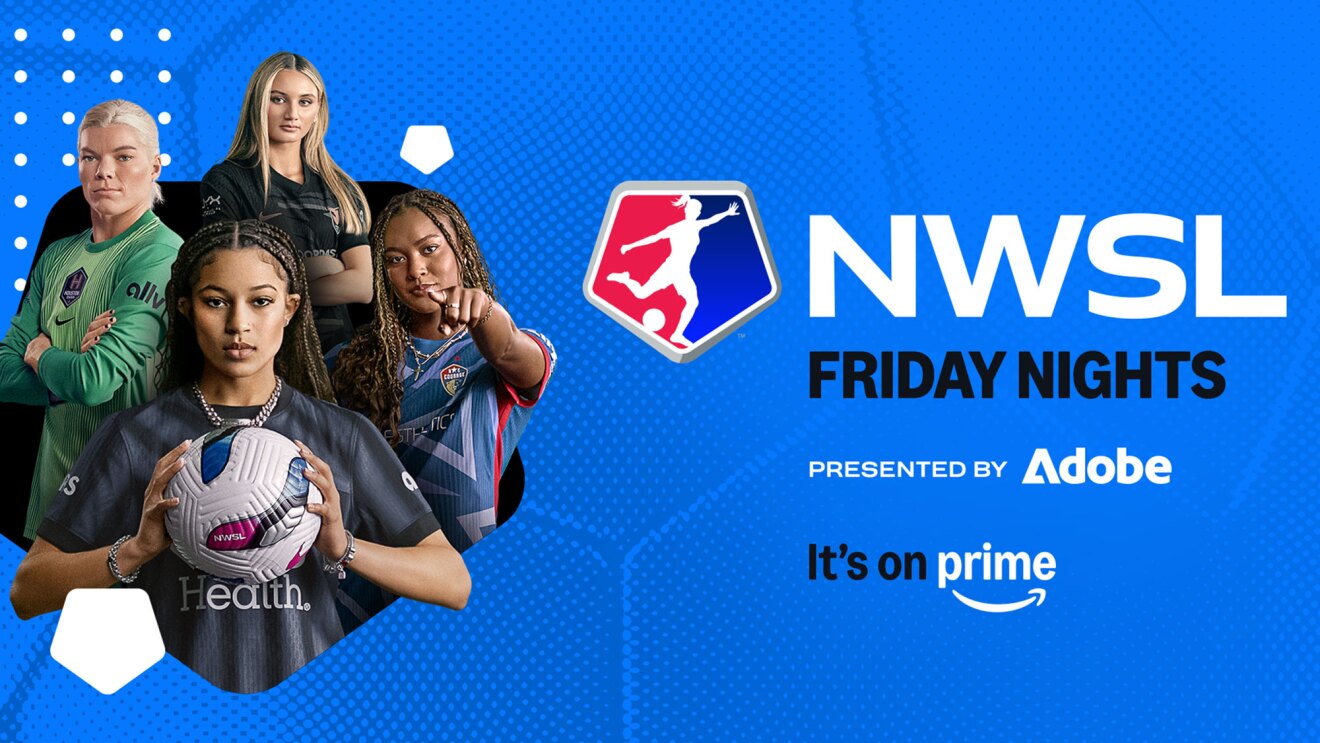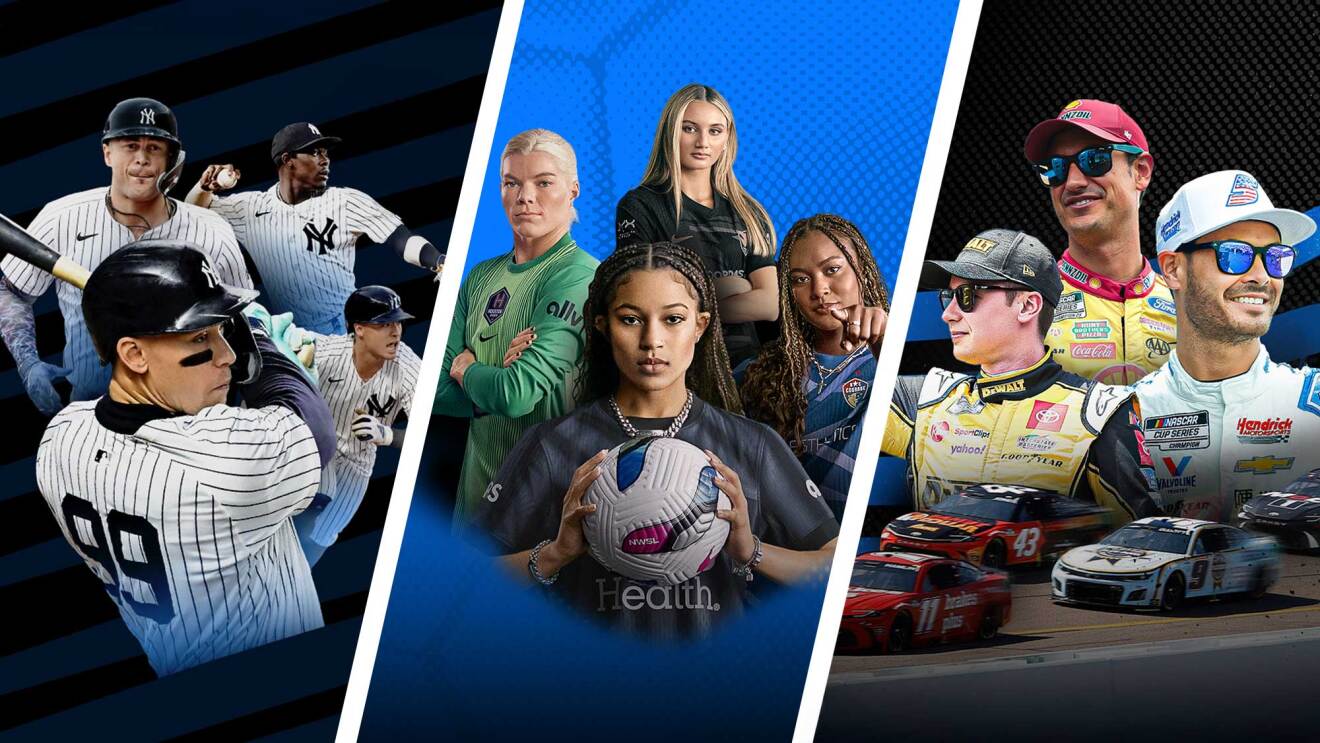In 1998, IMDb was among Amazon's first acquisitions. Col Needham, who founded the site in 1990 as an extension of a personal project, was excited to join forces. "Because of their similar passion for books, the Amazon.com team understands and fully supports IMDb's mission of providing the best possible information to movie lovers," Col said in the 1998 press release. As the global pandemic caused businesses to shift gears back in March, we checked in with IMDb's originator and first user to hear about his journey with Amazon, his enduring passion for film, and how he and the IMDb team keep innovating on behalf of customers.
May we have the IMDb origin story, please?
I've been in love with movies for my entire life. My earliest memory is going to see Snow White & the Seven Dwarfs when I was 5, and from that point on, all I wanted to do was see more and more films. I've been fortunate that I was the right age for two important revolutions: home computing and home video. I got my first home computer when I was 12. In the early '80s I was seeing so many movies on VHS tape that I started to lose track of what I'd seen. So I got myself a notebook in 1981—a classic film geek solution—and began to write down the movies I saw on each day.
I wanted to remember much more about a film than just the title. Within two weeks of starting my written diary, I had created an expanded database on my home computer. I used to rewind VHS tapes, press pause, type in the main credits, and that was that. By 1988 I was in a film discussion group on the public internet, and as interest in my FAQ files of film credits grew, I wrote and published the first version of IMDb on Oct. 17, 1990.
 Founder of IMDb Col Needham's journal, where he tracks movie viewings and notes.
Founder of IMDb Col Needham's journal, where he tracks movie viewings and notes. Eight years later, Amazon acquired your company and you stayed on to run it. What are some milestones that prepped you for this transition?
There were several key milestones in our evolution that made us a great fit with Amazon. First, because we're built by a vast contributor community of entertainment professionals and companies, IMDb staff, individual contributors and other trusted sources, we are naturally customer-obsessed. Second, we began as volunteers who were passionate about film—a handful of film fanatics from several countries were creating what would become IMDb as a hobby from 1990 until incorporating in 1996, so we came to Amazon with that ownership mindset.
When we incorporated, we took no outside investment money at all. We bought our first web server on a credit card, then sold our first piece of advertising a couple of weeks later, and paid the credit card balance before the bill came due. So we were naturally frugal. We only spend money on things that matter to customers.
Once we started selling advertising, I remember receiving a very excited email in 1997 from our ad sales team. They asked, “Hey!! Have you heard of this book seller in Seattle, Amazon.com? They want to commit to a 12-month advertising deal with IMDb!” Shortly thereafter, I was invited to meet with Jeff Bezos in London. Naturally, I thought it was to discuss the advertising arrangement, and I was secretly hoping that Amazon wanted to extend the contract to 24 months. Jeff and I shared the founding stories of our respective companies, and then Jeff asked, “So, I expect you'd like to know why we called the meeting,” to which I replied, 'Well, to talk about our ad deal?” Then Jeff looked at his colleague and laughed, “Are we advertising with these guys?"
During the course of that meeting, Jeff talked about Amazon being the world's most customer-centric company. Because IMDb naturally started as something built by customers for customers, it was the proverbial match made in heaven. Jeff had a very clear vision of where Amazon was going and how IMDb could fit within the Amazon family. Needless to say, I agreed wholeheartedly. The proof is in the 20-year silver border around my Amazon badge.
What has been the most exciting change in the film industry during your career, and the most challenging?
The distribution and consumption of movies has been transformed over the last 30 years. For me, the most exciting thing is that technology has advanced to such a degree that as a storyteller, you can come up with an idea for a movie, shoot and edit it on your phone, and upload and share it with a worldwide audience. At the same time, existing films from back catalogues are now available to stream and thus can be discovered by new generations of film fans. I think back to having to thumb through printed paper catalogs, and feeling like I'd discovered a new film by Alfred Hitchcock (my all-time favorite director), as if I were an archaeologist.
One of the biggest challenges has occurred over the last year—having to rethink how we work at IMDb, how we connect to our customers, understanding their needs, and how those needs have changed. With everybody going into quarantine around the world, we found a surge in people coming to IMDb looking for viewing recommendations. At the beginning of 2020 IMDb had already launched "What to Watch," a tailored feature that makes it easy to discover and enjoy new and classic entertainment, by providing personalized recommendations, Watchlists, monthly streaming guides, and fan favorites.
We completely redesigned the homepages of IMDb’s website and mobile apps to help customers conveniently discover what to watch next and where to watch it. Speaking now as an entertainment fan, I don't know where I would be if there wasn't an easy way to discover new movies and new shows as well as where to watch them.
It had become customary for IMDb to host special events and in-person activations at major film festivals and entertainment industry events throughout the year where celebrities and creators came and talked about their latest projects and connect with IMDb customers. The IMDb team has done a brilliant job adapting to the new normal by creating virtual events and experiences that enable us to connect with talent and fans in new ways. Prior to COVID-19, IMDb regularly presented our STARmeter Awards in person to actresses and actors we knew were poised to have breakthrough career moments as determined by IMDbPro data. Riz Ahmed, star of Amazon Studios’ Sound of Metal, for example, received our award in 2019 at IMDb’s Toronto International Film Festival video studio. This year, despite the lockdown, our team virtually presented STARmeter awards to Daisy Edgar-Jones for her breakout role in the Hulu show Normal People and to Karen Fukuhara for her starring role on Amazon Studios’ The Boys, remotely producing original content (videos and photos) of these talented actresses accepting their awards. IMDb shares this one-of-a kind content on our Website, apps and social media accounts, delighting fans. The easier IMDb makes it for more people to discover great films, shows and talent, the happier I am.
How do you stay focused on the customer?
We have customer-facing community support tools on a platform called Sprinklr. Customers can post questions, problems, or ideas, and people can vote on the idea or add their own twist. I make sure to go on Sprinklr every single day. It's great to learn directly from the frontline customers what the pain points are, what ideas they have for us to build for them—remaining true to IMDb's DNA of being built by our customers.
Do you have a motto or guiding principle?
I do, and it will come as no surprise that it's a movie quote. "All of life's riddles are answered in the movies," which Steve Martin's character says in the 1991 film Grand Canyon, directed by Lawrence Kasdan. It's a great testament to the power of film to inspire, to educate, to inform. You can watch a film and be transported to a different era in the past. You can go to another country. You can project forward into potential futures. You can cross the universe and back. You can go to a galaxy far, far away, and learn something. You can watch a documentary about a different cultural group and gain a better understanding of their traditions and history. I'm a big believer in the power of film to change perspectives for the better.
I understand that you and your wife have had a movie date every Tuesday for decades. What's your tally of films now?
My wife, Karen, and I just celebrated our 32nd wedding anniversary, and we're the proud parents of two 28-year-olds. Back when the twins were young, it was easier to find a babysitter in the daytime. My wife and I began this tradition of always going to the cinema every Tuesday lunchtime together. The IMDb UK office is located in the heart of Bristol, with a really modern cinema just around the corner. Fortunately we also have a home cinema, so we continued to watch a film every Tuesday during lockdown.
Of course I have the IMDb app and I rate every film on IMDb after watching it and keep track of what I’ve seen. From Jan.1, 1980 to July 28, 2021, I've seen 13,447 films. And that does not include second and subsequent viewings. I only count my first viewing of each film. So my 50+ viewings of Vertigo only count as one of those 13,447 films.
 IMDb offices in Seattle, WAPhoto by JORDAN STEAD / Amazon
IMDb offices in Seattle, WAPhoto by JORDAN STEAD / AmazonIf you had to choose five films to give someone your version of a well-rounded education in film history, what would they be?
This question is grossly unfair! Ordinarily I'd say it's impossible to sum up 120+ years of storytelling, from basic animated 1-second loops all the way to an epic Marvel Cinematic Universe movie? However, I've thought long and hard about this, and this is where I landed.
- You need to start with a silent film, to appreciate where things have come from. I would recommend Steamboat Bill Jr., a Buster Keaton movie from 1928. It's a complete joy to watch. A film education charity I work with screened this for grade school-age kids. Three hundred kids under 11 laughed, clapped, cheered, and gasped. Ninety years after this film was made, it was still packing the same humorous punch.
- Next, you need a black-and-white classic. I would recommend Casablanca, from 1942. It's one of cinema's all-time greatest films and all-time greatest love stories, with a fabulous ending. The more I talk it, the more I want today to finish so I can rewatch Casablanca.
- Next, you should graduate into the era of movies made in full, glorious Technicolor. I would pick Vertigo, from 1958. It changed the way I view film. I've seen it more than 50 times. You will fall in love with the glorious days of cinema when watching Vertigo.
- Next, I'll pick Portrait of a Lady on Fire, which played at The Cannes Film Festival in 2019. I remember being at the premiere and falling in love with it. And a reminder that great movies can be found in every language.
- We should finish with what I think is going to be a modern classic, and that is Sylvie's Love, an Amazon Studios movie. It's an absolutely brilliant romance film, and received the most wonderful reception of all of last year's Sundance films. It's an echo back to the glossy 1950s romance, but told from a different perspective.
Trending news and stories










